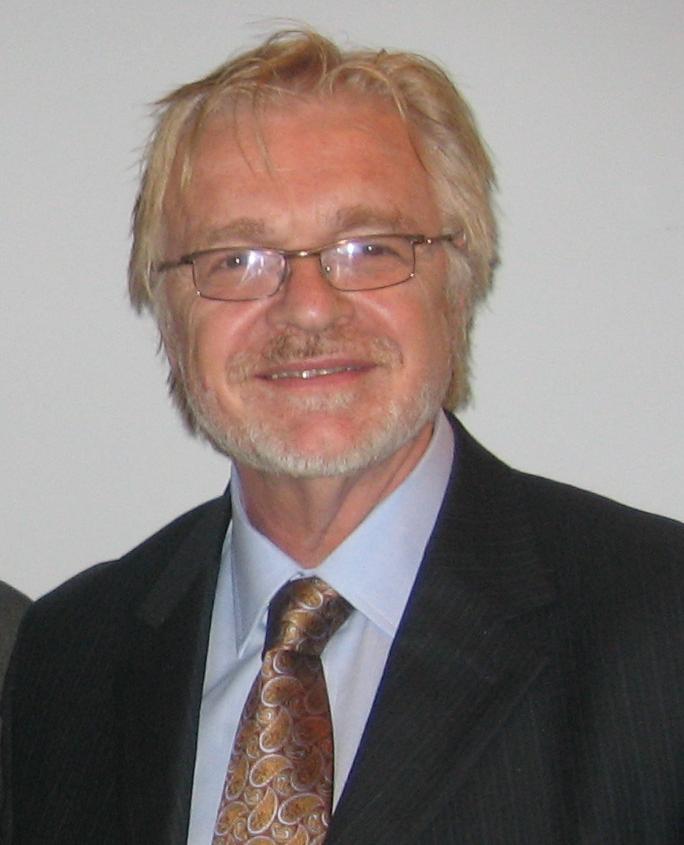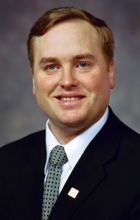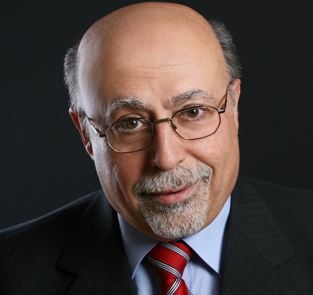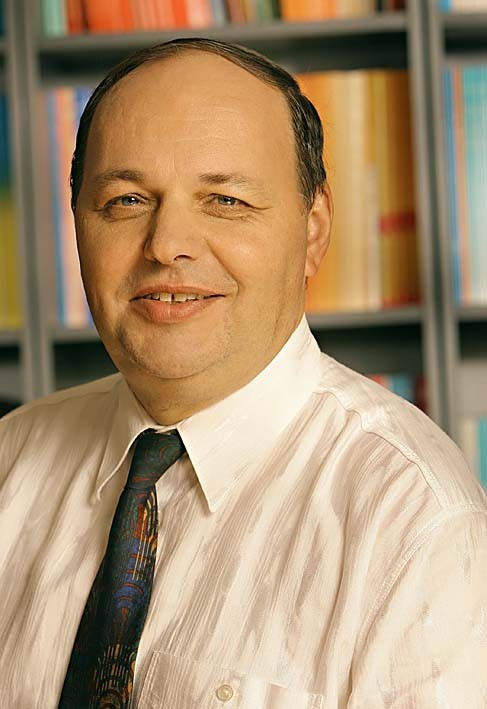
|
New
challenges in engineering education and the answer of University of
Porto
Abstract:
With roots dating back to 1762 the University of Porto (U.Porto) is
currently the largest of the fifteen public universities in Portugal,
with over 31,000 students, 2,470 teaching and research staff and 1,700
technical and administrative staff, in its 14 faculties, one business
school and 60 research units spread across the city in 3 campuses.
Around 3,000 international students attend U.Porto each year.
Its Faculty of Engineering (FEUP) is the largest, with over 7,000
students, 700 of which in 19 doctoral programs. More than 70% of the
teaching staff hold a PhD. With 9 Departments (Chemical, Civil,
Electrical and Computer, Industrial and Management, Informatics,
Mechanical, Metallurgy and Materials, Mining and Physics Engineering),
FEUP has fully implemented the Bologna process since 2006. FEUP has
been active in the Erasmus mobility program (1988-) and also in Mobile
(2003-).
Looking to the academic staff professional development, continuing
education at FEUP started informally in 1998. From 1998 to 2008 a total
of 108 courses and workshops have been offered, attended by 1536
teaching and research staff members. The “Teaching/Learning Lab” is
another continuing initiative at FEUP since 2009, offering many
opportunities for cross fertilization experiences among teaching staff.
U.Porto and in particular FEUP have invested a substantial effort in
new technologies, offering to students and teaching staff e-learning
platforms and technical support, online labs, video-conference rooms,
voice over IP (VoIP) technologies, etc. In 2010 FEUP launched the
Portuguese Society for Engineering Education (SPEE) with extensive
support of Portuguese engineering schools. In 2011 FEUP has been
accredited as IGIP training centre, presently the first in the Iberian
Peninsula. |






